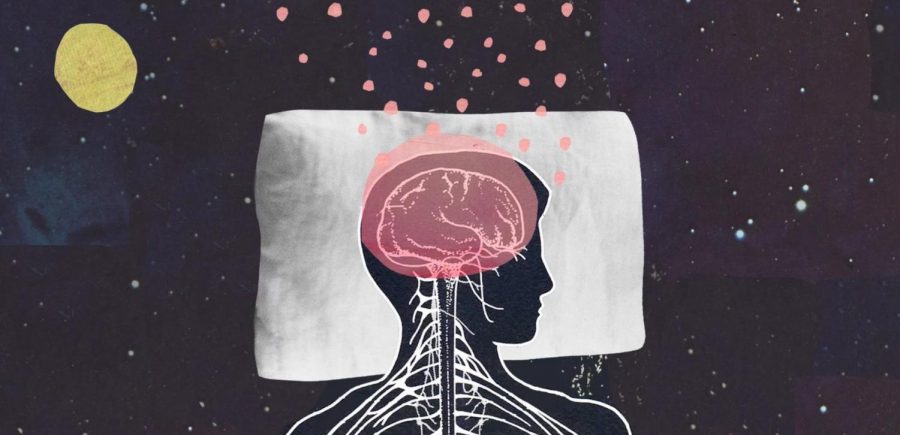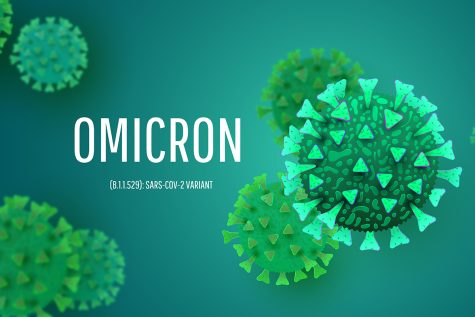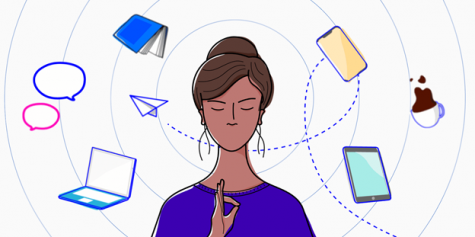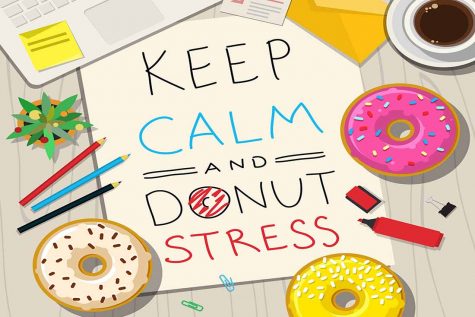The Elaborate Science of Sleep
May 25, 2021
Ah, sleep. The thing we crave after a long, tiring day. Sleep is essential to human function and without it, we’d be dead. Seriously. Sorry to burst your bubble, but death is something not even coffee and energy drinks can fix.
But what exactly does sleep do? Simply put, sleep is a way our brain and bodies recharge. However, there is more to sleep than just “catching z’s”.
What does sleep do?
Sleep allows the mind and body to re-energize, repair, and restore. Speaking of restoration during sleep, did you know sleep is used to help the healing process in the medical field?
Sleep in the medical field
Sleep is used in the medical field to help patients through traumatic head injuries such as brain swelling and stroke. Actually, it’s not really sleeping at all.
This state of unconsciousness is referred to as a Medically Induced Coma. Key words: Medically induced. Some coma’s occur naturally as a result of brain injury or chemical imbalances in the body.
So what are coma’s?
Coma’s are a state of low brain activity and unconsciousness where someone is unresponsive and cannot be woken up. However, naturally occurring coma’s are not something you want to add to your bucket list for they can cause severe brain damage. Incidentally, coma’s cannot be caused by a lack of sleep.
On a happier note, most people will wake up from a coma. Fun Fact: did you know that because of low brain activity, patients don’t dream during a coma? Speaking of dreams..
Why do we dream?
Out of all the things we humans know, this answer is not one of those things. The popular theory on why we dream is so we can store memories and other information we’ve learned. But what do our dreams tell us? Do they really hold any meaning?
Not really. Most of the things seen in dreams usually are just things our brain needs to process. If your brain needs to process talking animals and singing cars, then that’s what your brain shall do. Sometimes dreams get out of hand and turn into imaginary horror films otherwise known as nightmares.
Nightmares
Nightmares have terrorized us all and most commonly are caused by outside forces such as anxiety, stress, illness, or sleep deprivation.
Watching a hair-raising movie, reading a bone-chilling book, taking certain medications, or even something you may have recently experienced can also contribute to nightmares.
So make sure before you go to bed to look out for the boogeyman..
More interesting facts about sleep
- Have you ever been on the verge of sleep and then suddenly jolted awake? This is your body’s response to your brain thinking you’re actually falling. Your brain triggers that knee-jerk reaction to brace for a fall, but then quickly realizes you were never falling and that you are completely safe.
- Wanna take a trip to your dream vacation from the comfort of your bed? Lucid dreaming is a skill where you can control your dream as you sleep. Hawaii here we come!
- Did you know your brain won’t let you die in your dreams? If you’ve ever noticed, you tend to wake up right before you’re in danger.
- If you’re sleep deprived, your brain will start taking microsleeps in an attempt to re-energize. It’s just your brain looking out for you.
- Did you know the average person will spend about a third of their life sleeping? Don’t know how accurate this is because teenagers like to sleep the entire day away, but hey, science is science.
Sleep is beneficial to us and is a nice way to wind down after the day. Next time you’re tired, try taking a brief nap or reserving a day just for sleep. Doesn’t matter what you do so long as you grab a warm blanket, huddle up, and get some shut eye! Zzzzzzz…










